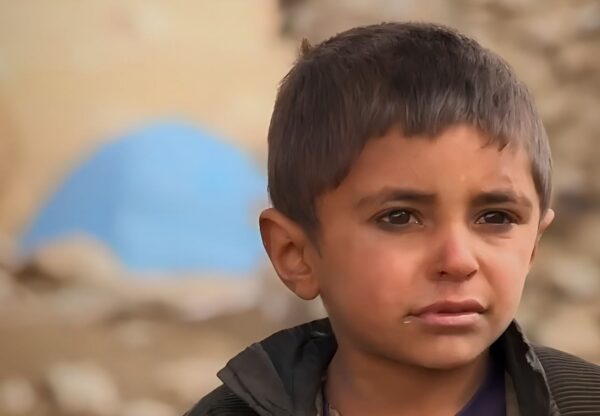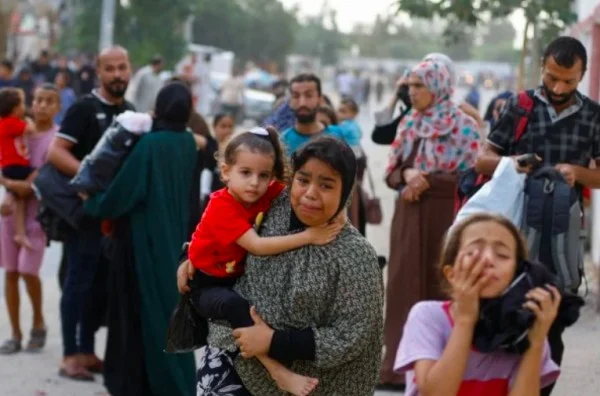A Gift That Never Fades: The Power of Private Endowment
Private endowment (Arabic: الوقف الخاصّ) is to give a physical property (such as a piece of land, garden, house, etc.). Defining private endowment in Islam requires a deep look into the Arabic term Al-Waqf Al-Khass. This legal mechanism involves the detention of a specific physical property, effectively removing it from the consumption or trade market, while dedicating its usufruct or profit to a specific person or a group of specific persons. Unlike public charity, the primary focus here is often family members, descendants, or a defined list of individuals. Detailed Islamic jurisprudence describes this as freezing the asset to release the benefit, ensuring that the property remains intact while serving a targeted social or familial purpose.
Beyond Possession: How Waqf Transforms Property into Purpose
Regarding the legal ownership status of endowed property in Sharia, there is significant scholarly divergence which creates a rich landscape of legal theory. The central question is who actually owns the land or building once the endowment deed is signed. Based on the views of many jurists, the moment a private endowment is enacted, the physical property permanently exits the possession and power of the original owner. It ceases to be part of their personal estate. However, where that ownership lands is a matter of debate. Some scholars argue that ownership is transferred directly to the beneficiaries, meaning the specific persons named in the deed hold proprietary rights. Others contend that the property becomes like a liberated asset with no specific owner, existing solely to generate benefit. A third view aligns it with God’s property, meaning it belongs to the legislative framework of the divine rather than a human entity.
Private or Public Waqf? The Choice That Shapes Impact
Understanding the difference between private and public waqf is essential for legal classification. While public waqf, or Waqf Khairi, is dedicated to the general public or the poor, private endowment is restrictive. It targets specific individuals. This distinction is crucial because it dictates how the state or religious authorities interact with the property. In a private setup, the benefits are exclusive to the named recipients, often to the exclusion of the general public, whereas public waqf serves communal interests like mosques, schools, or hospitals.
A Trust That Time Cannot Touch
The rules for transferring or selling endowed property are generally strict. In almost every school of thought, the sale, gifting, or inheritance of the corpus itself is prohibited. As noted in various juristic texts, transferring an endowed property is not possible because it violates the core principle of detention. The asset must remain frozen in its status to ensure the continuous flow of benefits. Exceptions are extremely rare and usually only apply if the property is completely ruined and can no longer generate benefit, a process known as Istibdal, but this is highly regulated.
Where Endowment Meets Empowerment
When determining who serves as the custodian for private endowments, the default usually falls upon the stipulations of the endower. In the views of some jurists, regarding this specific type of endowment, the custodianship naturally falls upon the person or persons for whom the endowment is made. This allows the beneficiaries to manage the asset themselves, as they are the direct recipients of the yield. This self-management approach is intended to reduce bureaucracy and ensure the beneficiaries maximize their usufruct without external interference.
When Faith Protects Private Charity
A complex question arises regarding whether the Wali al-faqih can interfere in private waqf. The concept of Wilayat al-faqih grants a jurist custodial authority, but the scope is debated. Some jurists maintain that the Sharia ruler has no right to interfere in private endowments because the rights are strictly private. The argument here is that the state should not meddle in personal property arrangements. However, based on the theory of Wilayat al-faqih, other jurists believe that the Wali al-faqih retains a supervisory role. This intervention is generally justified to ensure the correct execution of the endowment’s terms or to prevent corruption.
This leads to the rights of specific persons in private endowment. These individuals hold the exclusive right to the income or usage of the property, such as living in a house or harvesting crops from a garden. Their rights are protected by Sharia, and they can legally challenge any mismanagement that diminishes their allocated benefit. If the ownership is deemed to be transferred to them, they possess a strong legal standing; if the property is deemed ownerless, their right is usufructuary rather than proprietary.
The validity conditions for Al-Waqf Al-Khass generally require the endower to be of sound mind and legal age, the property to be a tangible asset capable of yielding benefit without being consumed, and the beneficiaries to be clearly identified. If the beneficiaries are ambiguous or if the property is perishable (like food), the endowment is void. Furthermore, the intent must be clear, often requiring a formal declaration that the property is now Waqf.
Empower Your Legacy, Shape the Future
Comparing Islamic inheritance laws versus private endowment reveals why many choose the latter. Inheritance laws in Islam are fixed and fractional, distributing wealth to a wide array of heirs. Private endowment allows an individual to allocate benefits in a specific way that might differ from standard inheritance quotas, provided it is done during their lifetime and meets health requirements. It is a tool often used to keep a family estate intact rather than having it fragmented among dozens of heirs.
Juristic views on endowment ownership transfer highlight the complexity of Islamic property law. The debate focuses on whether the “naked title” moves to the beneficiary or vanishes. Those who say it moves to the beneficiary argue that this empowers the recipient. Those who say it effectively becomes ownerless argue that this best protects the asset from the debts or liabilities of the beneficiaries, ensuring the property remains safe from creditors.
Where Charity Meets Integrity
The supervision of private endowments in Islamic law is a balance between autonomy and regulation. While the Sharia ruler traditionally steps back from private matters, the evolution of modern Islamic states has introduced more oversight. Some jurists consider the supervision of the Wali al-faqih in private endowment necessary only when there is a dispute or a breakdown in the trust. In this view, the religious authority acts as a judge of last resort rather than an active manager.
Charity That Transcends Generations
Perpetuity requirements in Islamic endowment are foundational. The endowment is designed to last forever, or at least for a very long duration. In private endowments, a common issue is what happens when the line of beneficiaries dies out. Most jurisprudence dictates that if the specific line of persons goes extinct, the endowment reverts to a charitable purpose, ensuring the property never returns to private ownership but continues to serve a general good.
Give Today, Benefit Forever
Learning how to set up a family endowment in Islam involves drafting a deed that specifies the property, the beneficiaries, and the conditions of management. The endower must explicitly state that the property is strictly for the benefit of the named persons. It is advisable to appoint a custodian, or Mutawalli, within the deed to handle maintenance and distribution of profits.
Finally, management disputes in private Islamic endowments are resolved through religious courts or arbitration. Conflict often arises regarding the distribution of benefits or the maintenance costs of the property. If the custodianship is left to the beneficiaries collectively, disagreements are common. In these instances, the role of the jurist or the Wali al-faqih becomes critical to mediate or appoint an external administrator to preserve the integrity of the asset.
As we reflect on the enduring power of private endowment, we are reminded that the spirit of giving transcends time and generations. You too can be part of this legacy of compassion by supporting IslamicDonate, an independent charity dedicated to transforming resources into hope and opportunity for those in need. Your contribution whether in Bitcoin or other forms can create lasting impact, turning generosity into a gift that truly never fades. Join us in shaping a better future: IslamicDonate.com
Planting Date Tree














